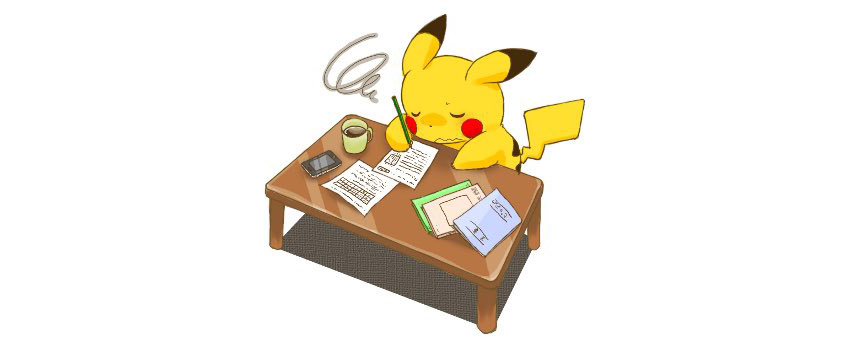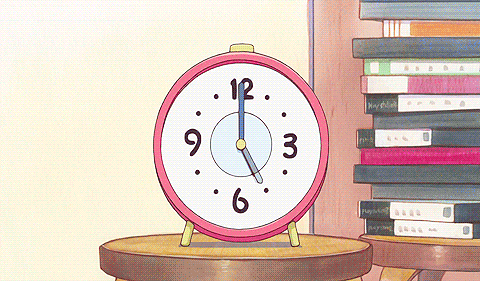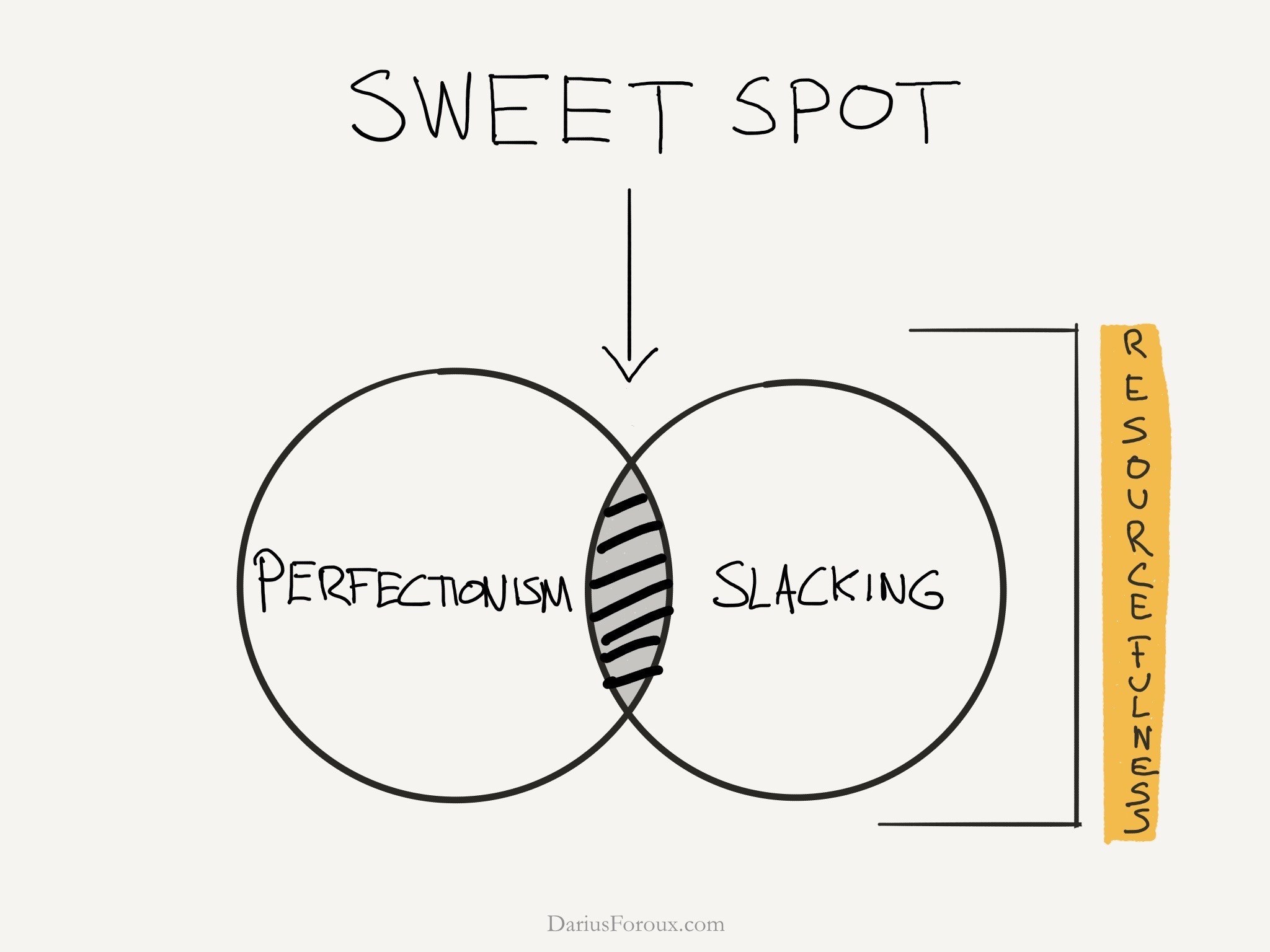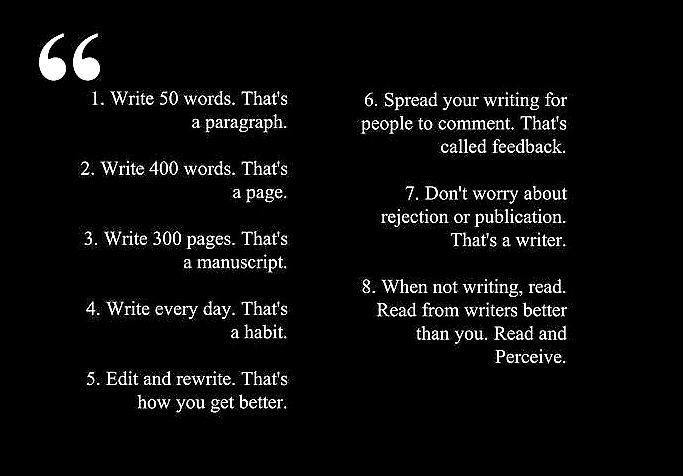Why Every Developer Should Start Blogging
My story on how I started blogging and why I believe every developer should blog too!

Hello everyone! Hashnode has proudly launched the #2Articles1Week challenge! How exciting! To commemorate the start of this challenge, I'm dedicating this post to Hashnode and the fellow writers on this platform who are also partaking in this challenge!
Note: All articles I'm writing during this 4-week challenge will be under the #2Articles1Week Challenge Series.

If you haven't already, I strongly encourage you to please participate in the challenge! Learn more about it here.
Why I decided to start blogging
For this special post, I just want to reflect on why I started blogging and why every developer should start blogging. Every writer/ blogger has their own reasons to start writing but here's mine.
Motivation
At some point in time, I reached that developer's plateau where I'm uncertain on which new technology/skill I wanted to acquire and what direction I'm heading. So I tried to get started with React but without a structured syllabus and deadlines, it was difficult to stay focused and committed to learning it every day. I felt like I needed an outlet for accountability as well as a platform to reinforce my learning.
Read about my entire journey into tech here
In terms of non-programming reasons, I like reading books and I especially like to pen down my thoughts and reflections on the insights I have gained from reading. My OneNote got so full of my "reading notes"...
It was then I decided to blog. I have always written journals in my childhood, so I thought a blog is basically like an online journal. My reason was that simple.
Then why not just record your learning in your physical book journal?
I chose blogging because unlike a book journal, I wanted something more accessible that I can read from anywhere and would never disappear. I have written over 10 books of journals in my childhood and unfortunately lost all of them from moving a lot. I don't want the same outcome for my learning journal.
Plus, learning from others and gaining valuable feedback is the best way to learn something quickly. So having a blog achieves the following for me:
Accountability: It's like keeping a physical journal. Having a blog makes me want to constantly write on it. So it makes me learn without losing focus.
Monitor/Reinforce Learning: Writing down what I've learnt is how I like to check my learning progress and reinforce core concepts.
Accessibility: Always there and never disappear.
Feedback from others: Learning from the community, sharing knowledge and gain insights.
First Steps I did
To commit to logging what I've learned every day, I took the #100DaysofCode challenge and told people around me that I am doing the challenge. I find that it is easier to stay on track after you've publicly announced your plan of action to your peers, family or friends.
So, my blogging journey began.

Source: My Nintendo Switch (Pokemon Shield)
Why you should blog (Learning Outcomes + Gains)
1. Communication
By communication, I mean the ability to articulate information in a clear, well-organized and concise manner (orally and written).
Initially, my blog on Medium was intended for 1 audience: myself. It was easy to write in a way that only I would understand (because I am me haha). But once I started seeing more people reading my articles, I found myself having to express my thoughts more clearly, organize my writing for better flow and explain ideas more simply.
If you think you are a terrible writer right now, all the more reason to start blogging. That means you will learn a lot from writing. Don't be afraid of showing your work to others because the community is full of wonderful people who are willing to proofread your articles and help you. In time, you will notice improvements in your written communication skills.

Source: https://pbs.twimg.com/media/CnVdEPSVYAAocDI.jpg
"All good writing begins with terrible first efforts. You need to start somewhere." - Anne Lammot
2. Time Management
Time management is about effectively optimizing time to accomplish productive tasks. When I started blogging, I realized that I have to allocate some time during the day to do it, which means I spend less time on procrastinating and other distractions.
To balance my work and my blogging, I had to learn how to manage my time quickly. I found what works for me and what doesn't. For example, I tried to be a morning person and blog early in the morning before work - but I ended up snoozing my alarm every time... Now I learned that blogging midday to evenings works for me best. I can stay focused during those times better.

Each person has his/her own time management strategies. For me, it is planning my day ahead and prioritizing which tasks to accomplish first. Focusing on what I want to achieve at the end of the day is how I often organize my short-term priorities.
"Focus is not saying yes to all important things, rather it is saying no to less important things." - Steve Jobs
3. Get Rid of Perfectionism
I was quite a perfectionist before I started blogging. I held myself to very high standards which in turn, made me fear to start writing because I'll be unable to publish an article. It was an arduous journey for me to finally accept that nothing is perfect and that I would rather practice my writing on 10 different articles rather than working towards 1 "perfect" article for who knows how long.
Blogging helps me to shift away from my perfectionist tendencies and put more focus into continuous self-improvement by writing more and practising my skills as I go. Progress over perfection.

Source: https://i0.wp.com/dariusforoux.com/wp-content/uploads/2016/09/IMG_0058.jpg?fit=2048%2C1536&ssl=1
"Perfectionism doesn't make you feel perfect; it makes you feel inadequate." - Maria Shriver
4. Learning from Others
The most valuable lesson from blogging is learning from others. I like to receive constructive feedback from my readers because it must have some important insight/detail that I didn't notice before. It also validates my understanding on a certain topic. Making a mental note of the feedback helps me grow as a developer and writer. Of course, if the feedback is very subjective (i.e. personal preferences in style, etc.), I allow myself to ignore it since I have my own writing style that I am comfortable with.
Another way I learn from others by blogging is reading other's blogs in the community. Everyone has their own experiences and knowledge to share. By reading blogs with a newer or deeper knowledge on certain topics than my own, I get to learn, reflect and get inspired from their insights!

"It takes a wise man to learn from his mistakes but an even wiser man to learn from others." - Chinese Proverb
5. Personal Brand
Each article you publish will reflect you as an extension of your skills, knowledge, interests, thoughts and values. Hence, by writing, you are essentially creating and building your personal brand.
As a developer, having a personal brand can help you:
Build reputation and credibility
Share your knowledge and projects for feedback
Increase visibility in the job market
Make new connections with people in the same industry
"We are CEOs of our own companies: Me Inc. To be in business today, our most important job is to be head marketer for the brand called You." - Tom Peters, Writer
How to Start
Find your reason
Whether it is recording your journey of learning/building something or sharing your passion on a certain subject, find a strong intrinsic reason to start or else your resolve will not last long.
Be Your Own Audience
Ask yourself: Would you want to read this?
If yes, then you have your first audience! Your job is to write for yourself, and eventually, as your writing gets better, you'll gain more readers. Most likely, people with similar interests or in the same field as you would be your readers too.
CONSISTENCY
This one is critical. You want to keep your blog as up-to-date as possible. You don't have to blog every day but once a week or so maintains a healthy habit to write.
It is always harder to start than to continue something. Once you stopped writing for a long time, it will be even more difficult to get back to writing.
Have Fun!
Don't feel pressured to come up with the most unique topics or the most engaging piece every time you want to write about a topic. Just enjoy the process of writing itself! Have fun and stay true to writing what you like. Remember, you are your own audience. If you like it, there will be people who appreciate your work too!
"You don't have to be great to start, but you have to start to be great." - Zig Ziglar
Thanks for reading!
I appreciate you for taking the time to read this far. Please like and share this article to encourage more aspiring writers to start! If you are a new blogger on Hashnode and planning to do the #2Articles1Week challenge, please leave your blog url in the comments below. I would love to check out your articles! And feel free to check out my Blogging Tips Series to help you get started on your journey!
Alternatively, you can connect with me on Twitter and share your articles with me there! I hope you'll join and enjoy the #2Articles1Week challenge! Cheers!






